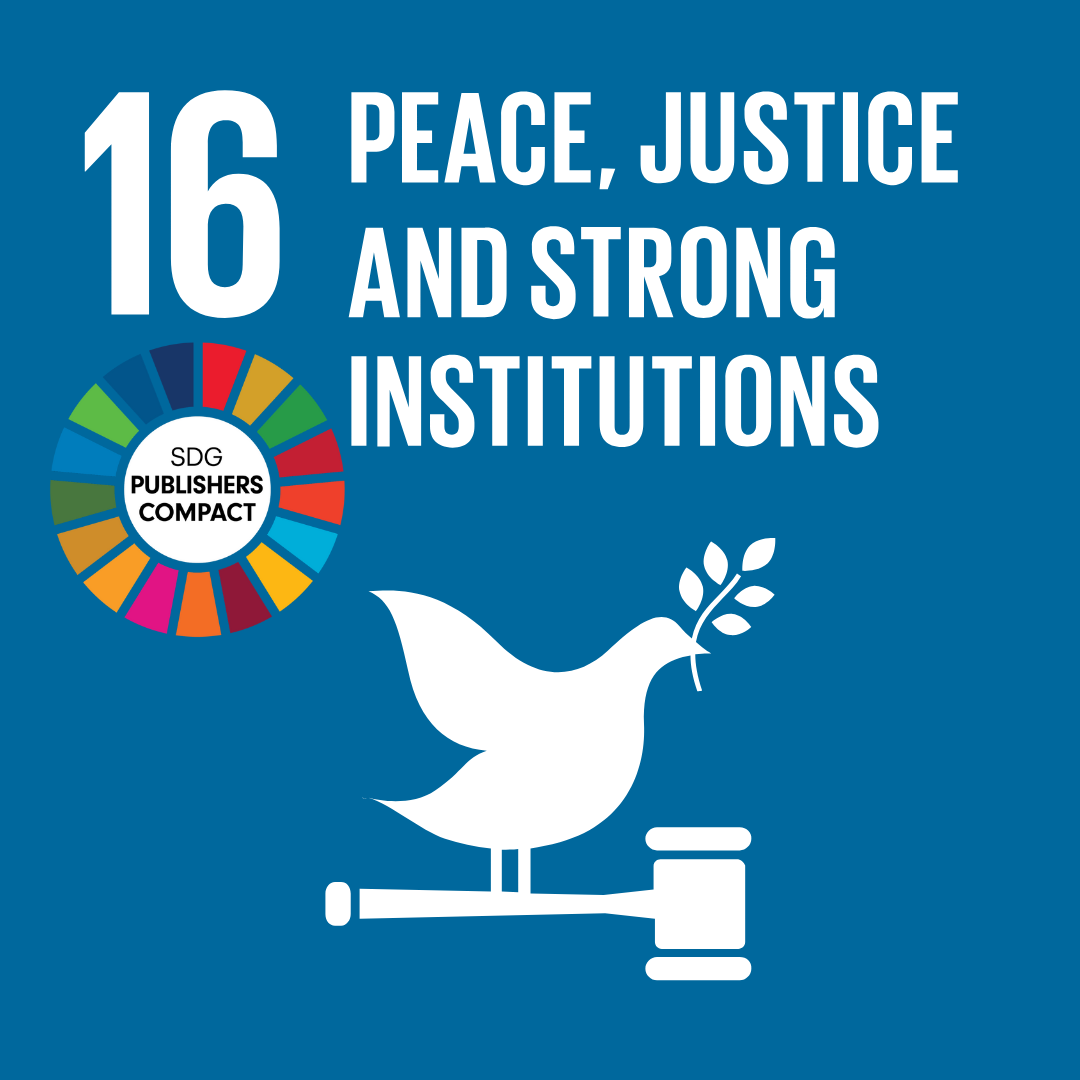Abstract
Objective: This study aims to compare the definitions of illegal content found in Bill 2.630/20 (Brazil), the Digital Services Act (European Union), and the NetzDG (Germany), contributing to the regulatory discussion in Brazil.
Methodology: The research applied a comparative documentary analysis approach, categorizing and contrasting the definitions of illegal content in the three legal texts. An exploratory bibliographic review was also conducted to contextualize the legislative frameworks.
Results: The study identified significant similarities between the definitions of illegal content in Bill 2.630/20 and the foreign regulations, with four out of six categories in the Brazilian bill closely resembling the international standards. Notable differences include the Brazilian bill’s inclusion of health violations and incitement to suicide as illegal content, likely in response to the pandemic context and recent events in Brazil.
Conclusions: The findings indicate that Bill 2.630/20 is largely influenced by European and German regulations but introduces innovations by adapting to the specificities of the national context. The study contributes to understanding the implications of these illegal content definitions, particularly regarding platform moderation and freedom of expression, suggesting that Brazilian regulations should consider local specificities when formulating platform governance policies.
References
ABBOUD, G.; CAMPOS, R. A autorregulação regulada como modelo do Direito proceduralizado. In: ABBOUD, G.; NERY JR, N.; CAMPOS, R. (Orgs.). Fake news e Regulação. Edição do Kindle. 2. ed. São Paulo: Thomson Reuters, 2020.
AZEVEDO, C. H. A. J. A regulação dos serviços over-the-top de vídeo streaming por assinatura no Brasil: uma proposta à luz do modelo de autorregulação regulada. Revista de Direto, Estado e Telecomunicações, v. 12, n. 2, p. 133-171, out. 2020.
BRASIL. Lei 12.965, de 23 de abril de 2014. Estabelece princípios, garantias, direitos e deveres para o uso da Internet no Brasil. Disponível em: http://www.planalto.gov.br/ccivil_03/_ato2011-2014/2014/lei/l12965.html. Acesso em: novembro de 2023.
BRASIL. Parecer proferido em plenário ao projeto de lei n. 2.630, de 2020, e apensados, de 27 de abril de 2023. Disponível em: https://www.camara.leg.br/proposicoesWeb/prop_mostrarintegra?codteor=2265334&filename=Tramitacao-PL%202630/2020. Acesso: novembro de 2023.
BREGA, Gabriel Ribeiro. A regulação de conteúdo nas redes sociais: uma breve análise comparativa entre o NetzDG e a solução brasileira. Revista Direito GV, São Paulo, v. 19, e2305, 2023. Disponível em: https://doi.org/10.1590/2317-6172202305.
COMISSÃO EUROPEIA. DSA: Very Large Online Platforms and Search Engines. 2024b. Disponível em: https://digital-strategy.ec.europa.eu/en/policies/dsa-vlops. Acesso em: 22 abr. 2023.
COMISSÃO EUROPEIA. Regulamento dos Serviços Digitais. 2024a. Disponível em: https://commission.europa.eu/strategy-and-policy/priorities-2019-2024/europe-fit-digital-age/digital-services-act_pt. Acesso em: 22 abr. 2023.
DA EMPOLI, G. Engenheiros do Caos. São Paulo: Vestígio, 2019.
DE STREEL, Alexandre et al. Online platforms' moderation of illegal content online: law, practices and options for reform. Luxembourg: European Parliament, 2020. Disponível em: https://pure.unamur.be/ws/portalfiles/portal/54626999/8590.pdf. Acesso em: 10 set. 2024.
DIAS, T. Arthur Lira matou o PL das fake news. The Intercept Brasil, abr. 2024. Disponível em: https://www.intercept.com.br/2024/04/10/arthur-lira-matou-o-pl-das-fake-news/. Acesso em: 17 maio. 2024.
DIREITOS NA REDE. Alerta de organizações da sociedade civil sobre o Projeto de Lei 2630/2020. 6 abr. 2022. Disponível em: https://direitosnarede.org.br/2022/04/06/alerta-de-organizacoes-da-sociedade-civil-sobre-o-projeto-de-lei-2630-2020/. Acesso em: 22 mar. 2024.
ESTADOS UNIDOS. Communication Decency Act. Section 230. Disponível em: https://www.govinfo.gov/content/pkg/USCODE-2021-title47/pdf/USCODE-2021-title47-chap5-subchapII-partI-sec230.pdf. Acesso em: novembro de 2023.
GROSSMANN, L O. PL da Fake News muda responsabilidade das redes sociais para reduzir impasse. Convergência Digital, 22 jun. 2023. Disponível em: https://www.convergenciadigital.com.br/Internet/PL-da-Fake-News-muda-responsabilidade-das-redes-sociais-para-reduzir-impasse-63513.html?UserActiveTemplate=mobile. Acesso em: 22 mar. 2024.
HAAS, G. Lei das Fake News: Quem é contra e quem é a favor ao PL 2630? Canal Tech, 28 abr. 2023. Disponível em: https://canaltech.com.br/internet/lei-das-fake-news-quem-e-a-favor-e-quem-e-contra-ao-pl-2630-248176/. Acesso em: 22 mar. 2024.
HABERMAS, J. Reflections and Hypotheses on a Further Structural Transformation of the Political Public Sphere. Theory, Culture & Society. v. 39, n. 04. p. 145-171. 2022. Disponível em: https://journals.sagepub.com/doi/abs/10.1177/02632764221112341. Acesso em: 30 jan. 2024.
LEMOS, Ronaldo. Direito, Tecnologia e Cultura. 2005. Disponível em: https://repositorio.fgv.br/server/api/core/bitstreams/3f3fd2ea-2f2c-4976-ae89-fd80b2d77f4d/content. Acesso em: 2 set. 2024.
LIMA, Eduardo. et al. Análise Documental Como Percurso Metodológico Na Pesquisa Qualitativa. Cadernos da Fucamp, v. 20, n. 44, p. 36-51, 2021. Disponível em: https://revistas.fucamp.edu.br/index.php/cadernos/article/download/2356/1451. Acesso em: 13 set. 2024.
LUZ, Batista. Guia Comparativo PL 2630/20 e Lei Europeia. 2023. Disponível em: https://baptistaluz.com.br/pl-2630-20-e-digital-services-act/. Acesso em: 13 set. 2024.
MAAS, S; WORTELKER, J; ROTT, A. Evaluating the regulation of social media: An empirical study of the german NetzDG and Facebook. Telecommunications Policy. v. 48, n.5, mar. 2024. Disponível em: https://doi.org/10.1016/j.telpol.2024.102719. Acesso em: 04 ago. 2024.
NAPOLITANO, C.; RANZANI, L. Regulação Democrática de Plataformas de Rede Social: Possibilidades da Autorregulação Regulada no Brasil. Revista Eptic Online, v. 23, n. 3, p. 183–199, dez. 2021. Disponível em: https://doi.org/10.54786/. Acesso em: 22 mar. 2024.
PARLAMENTO EUROPEU. Regulamento (ue) 2022/2065 do Parlamento Europeu e do Conselho, de 19 de outubro de 2022. Disponível em: https://eur-lex.europa.eu/legal-content/PT/TXT/PDF/?uri=CELEX:32022R2065. Acesso em: novembro de 2023.
SANTOS, C. Digital Services Act: uma nova fase para a internet?. Conjur, 14 fev. 2023. Disponível em: https://www.conjur.com.br/2023-fev-14/direito-digital-digital-services-act-fase-internet/. Acesso em: 22 mar. 2024.
VAN DJICK, J.; POELL, T.; WAAL, M. The Platform Society: Public Values in a Connective World. Oxford University Press: Nova York. 2018.
ZUBOFF, Shoshana. A era do capitalismo de vigilância: A luta por um futuro humano na nova fronteira do poder. Rio de Janeiro: Intrínseca, 2019. Disponível em: https://nae.com.pt/wp-content/uploads/A-Era-do-Capitalismo-de-Vigilancia-Shoshana-Zuboff.pdf. Acesso em: 31 jan. 2024.

This work is licensed under a Creative Commons Attribution-NonCommercial 4.0 International License.
Copyright (c) 2024 Carlo José Napolitano, Flávia Piva Almeida Leite, Luiz Henrique de Andrade Ranzani





